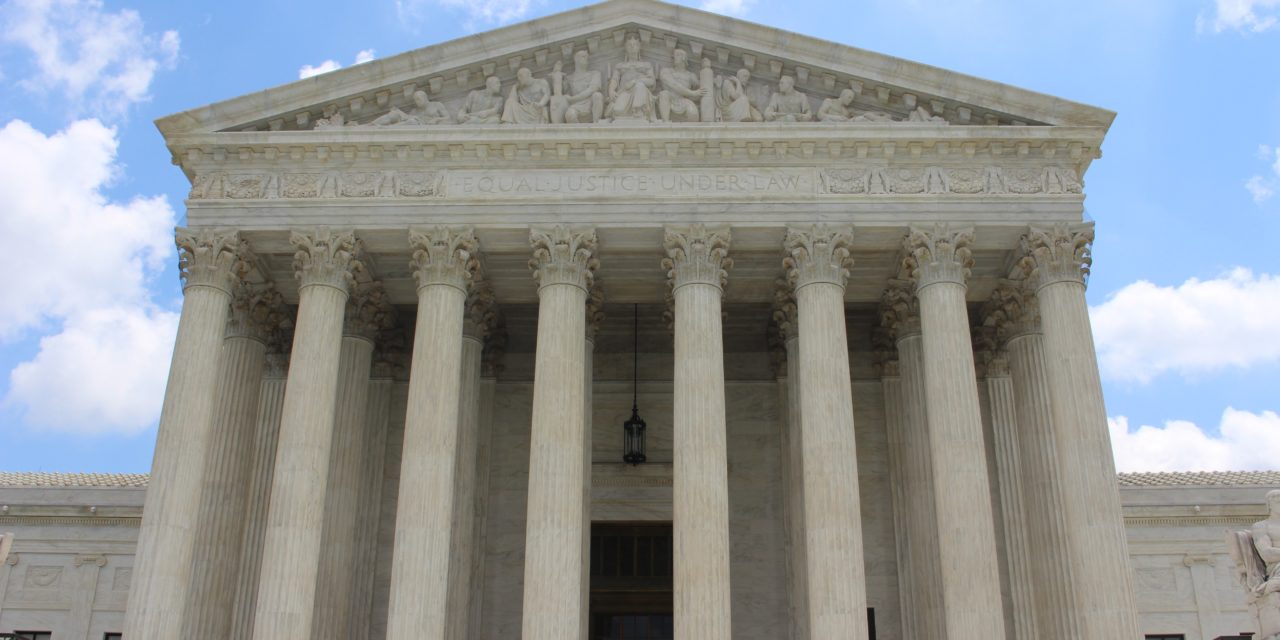Louisiana’s 2014 law requiring abortionists to have “admitting privileges” at a local hospital has reached the U.S. Supreme Court for the second time this year. Back in February, the Court granted a request from abortionists to temporarily block the law (called a “stay”) from going into effect on February 4 while they crafted their appeal to the nation’s high court.
The law, known as Act 620, protects women who suffer complications from an abortion and need hospitalization. In such cases, the doctor who performed the abortion and knows her medical history can serve her better at the hospital than hospital personnel who know nothing about her.
The law, however, has never gone into effect because it was immediately challenged by abortionists and blocked by a federal district judge in 2017. That judge ruled that the law placed an “undue burden” on the right of women to obtain an abortion. He relied on a 2016 U.S. Supreme Court ruling in Whole Woman’s Health v. Hellerstedt that struck down a similar law in Texas.
However, Louisiana appealed that ruling, and last September won a victory at the United States Court of Appeals for the Fifth Circuit when that court found that the Louisiana law was “remarkably different” than the Texas law. The Fifth Circuit refused to continue to block the law from going into effect, which prompted the abortionists’ emergency request to the Supreme Court to block it a little longer until they could formally ask the justices to reverse the Fifth Circuit. They have now filed the necessary papers (called a “petition for writ of certiorari,” or “cert” for short) asking the Court to reverse the Fifth Circuit and strike down the Louisiana law.
The case is drawing attention because the Court’s composition has changed since its ruling in Hellerstedt. The majority in the 5-3 decision striking down the Texas admitting privileges law included Justice Anthony Kennedy joining liberal justices Ruth Bader Ginsburg, Stephen Breyer, Sonia Sotomayor and Elena Kagan. The three dissenters were Chief Justice John Roberts and justices Samuel Alito and Clarence Thomas. Justice Antonin Scalia had passed away and had not been replaced at the time of the decision.
Kennedy, of course, has since retired. He was replaced by Justice Brett Kavanaugh, who is thought to be more conservative in his legal philosophy than Kennedy. Will the new conservative majority uphold the Louisiana law? What will it say about the Hellerstedt decision as precedent? Will it strike down Hellerstedt?
One possibility is that the Court might avoid hearing the case at all. It could simply deny the abortionists’ request to take up its appeal. That would result in the Fifth Circuit’s ruling upholding the law becoming the final disposition of the case.
It may be a couple months before we hear whether the Supreme Court will accept this case, entitled June Medical Services v. Gee.






